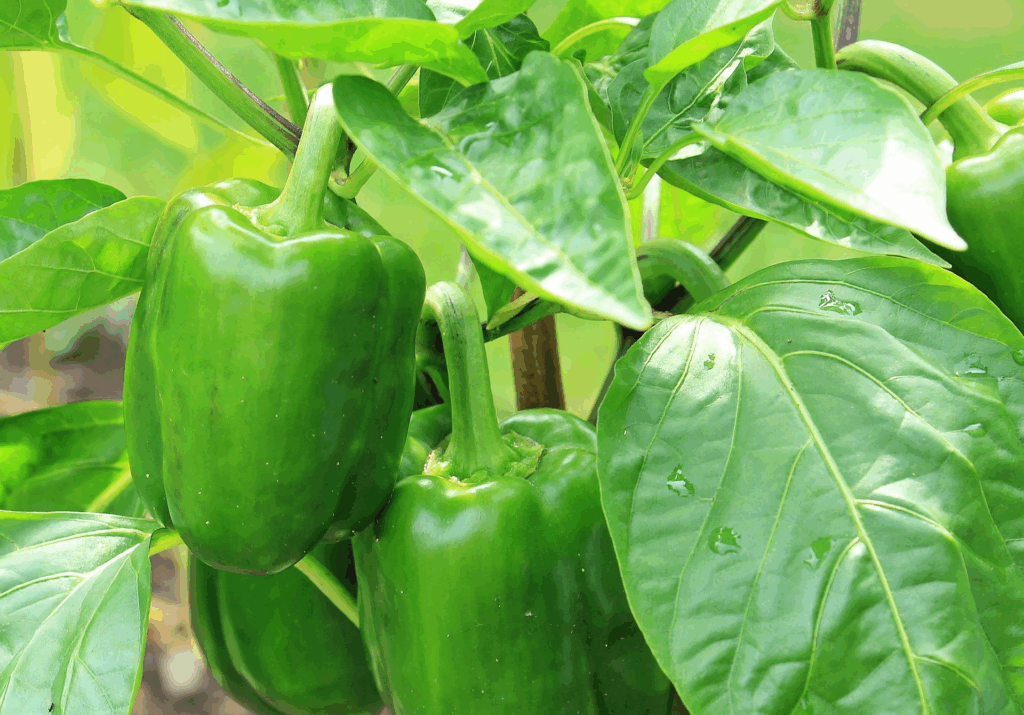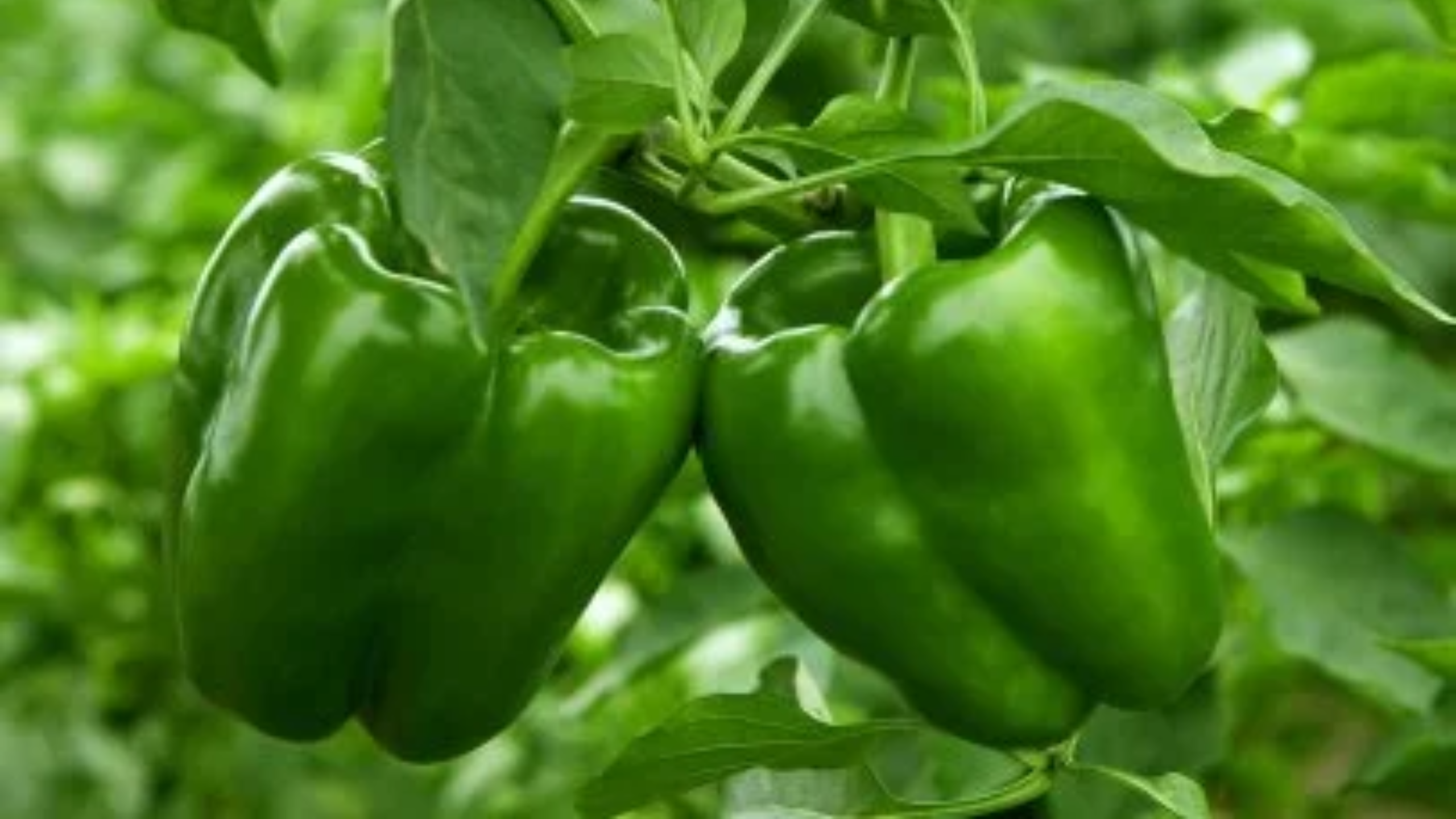Cultivating a lush, vibrant garden often feels like both an art and a science. Whether you’re an experienced gardener or just starting out, understanding some key secrets can lead to healthier, stronger plants. Today, we’ll explore a simple yet effective tip involving Epsom salt, along with other useful advice to help your garden flourish.
Boost Your Plants with Epsom Salt Spray
One of the most interesting and accessible gardening tips involves using Epsom salt (sulfate of magnesium). To prepare this natural booster, mix one teaspoon of Epsom salt in four cups of warm water. Stir the solution thoroughly until the salt dissolves completely. Once prepared, transfer the mixture into a spray bottle and spray directly onto the leaves of your plants.
This easy-to-make solution can significantly enhance plant health, especially for popular garden favorites like tomatoes, peppers, and roses. Gardeners have reported that plants treated with this spray produce more flowers, better fruiting, and overall stronger, healthier growth.
Why does Epsom Salt Work?
The magic behind Epsom salt lies in its richness in magnesium, a vital nutrient for plants. Magnesium plays a critical role in the process of photosynthesis, helping plants produce chlorophyll—the pigment responsible for the green color of leaves and an essential element in creating energy for plant growth.
By supplementing magnesium through this spray, you help ensure that your plants have enough of this crucial nutrient to flourish. As a result, they develop lush, vibrant foliage and produce more abundant flowers and fruits.
How Often Should You Use It?
For optimal results, repeat this application every 10 days. Consistency is key; regular spraying will maintain the benefits and support continued healthy growth. Over time, you’ll notice your garden becoming more lively and resilient.
Important Tips and Warnings
While Epsom salt is generally safe when used properly, some gardeners express caution when it comes to other types of salt. For instance, table salt (sodium chloride) is usually recommended to be avoided in the garden because it can damage the soil, hinder nutrient absorption, and ultimately harm your plants.
Using too much salt, especially in its refined form, can lead to soil salinity issues, which impair plant health and reduce growth. Instead, focus on natural and proven fertilizers or supplements tailored for gardening.
Alternative Fertilizer Options

Besides Epsom salt, there are other options to ensure your plants receive essential nutrients:
- Vinegar: Sometimes used in small quantities to adjust soil pH, but should be used carefully to avoid altering the soil’s balance too much.
- Fertilizer products like Miracle-Gro: Commercial fertilizers can supply a balanced mix of nutrients needed for vibrant plant growth. Always follow the instructions carefully when using these products.
Debates and Community Opinions
The gardening community often discusses the safety and efficacy of using salts in the garden. Some swear by Epsom salt for its proven benefits, while others caution against excessive or improper use of salts—especially common table salt—due to potential soil damage.
It’s essential to gather knowledge from reputable sources and understand how each product affects your specific garden conditions.
Final Thoughts
Achieving a thriving garden isn’t just about watering and planting—it involves understanding the needs of your plants and providing them with the right nutrients at the right times. Using simple remedies like Epsom salt spray can be a game-changer, promoting lush foliage, abundant flowers, and tasty fruits.
Remember, balances and moderation are key. Combining this with good soil management, proper watering, and strategic fertilizing will ultimately transform your garden into a vibrant, productive haven.


1 thought on “Secrets to Gardening for Healthy Growth”